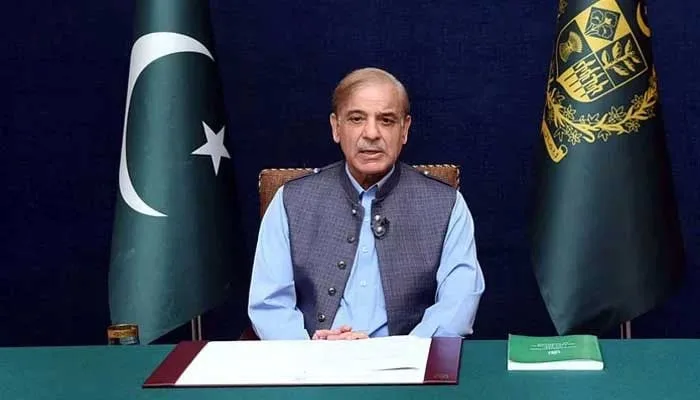
ISLAMABAD: Defence Minister Khawaja Asif confirmed that Army Chief General Asim Munir will serve until 2027, following recent amendments to the Army Act.
Speaking to a private channel, Asif highlighted that the amendment brings stability by setting a fixed term for military leadership. This change, he noted, would reduce the need for parliamentary approval for extensions, making military appointments more predictable.
Asif explained, “Earlier, army chiefs received term extensions requiring parliament’s endorsement. Now, these amendments close that chapter.” He emphasized that fixed terms would benefit democratic governments, ensuring continuity in military leadership.
Amendment Brings Changes to All Armed Forces
On Monday, parliament passed key bills that extend service terms for all armed forces chiefs from three to five years. Hours later, the Senate approved the same bills, which are now pending final approval from President Asif Ali Zardari.
Khawaja Asif presented the amendments to the Pakistan Army, Navy, and Air Force Acts in the National Assembly, where the bills passed with majority support. The new regulation aligns tenure for military chiefs across all branches, allowing the president, on the prime minister’s advice, to appoint, reappoint, or extend terms up to five years.
Amendments Remove Age Limits, Extend Service Options
The amended Army Act also lifts age restrictions, enabling the Chief of Army Staff and other top commanders to continue beyond the previous limit of 64 years. This provision allows for extended service based on national security needs or critical situations.
IMF Mission to Arrive in Pakistan Early to Review $7 Billion Bailout Package
Supreme Court and High Court Judge Increase Approved
Alongside the Army Act amendment, Law Minister Azam Nazeer Tarar introduced bills to expand the Supreme Court and Islamabad High Court benches. The Supreme Court Number of Judges (Amendment) Bill 2024 proposes increasing the number of Supreme Court judges from 17 to 34, aimed at reducing case backlogs. The bill sparked opposition protests, with members loudly voicing their dissent.
The minister also introduced the Islamabad High Court Amendment Bill 2024, which would raise the number of judges in the High Court from nine to 12. Tarar explained that increasing judicial capacity would address the thousands of pending cases, an issue widely advocated by bar associations.
New Constitutional Benches Established
The amendments to the Supreme Court (Practice and Procedure) Act, 2023, include provisions to create constitutional benches, expanding the court’s ability to handle constitutional matters. Senior judges will allocate cases to either the Supreme Court or these specialized benches.
Chaotic Parliament Proceedings Amid Opposition Protest
Despite the opposition’s noisy protest, the National Assembly approved the amendments. Opposition members disrupted the session, chanting slogans and tearing copies of the bill. The uproar escalated, with members gathering around the Speaker’s dais and some reportedly engaging in physical altercations.
Government’s Focus on Judicial and Military Reforms
These legislative changes reflect the government’s intent to standardize military leadership terms and expand judicial capacity. Defence Minister Asif and Law Minister Tarar emphasized that these amendments aim to foster continuity in military leadership and alleviate case backlogs in courts. The moves mark a significant shift towards institutional stability and responsiveness to longstanding governance and judicial demands.
Follow Day News on Google News, Instagram, YouTube, Facebook, Whats App, and TikTok for latest updates
















